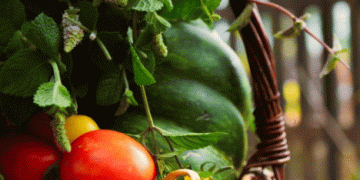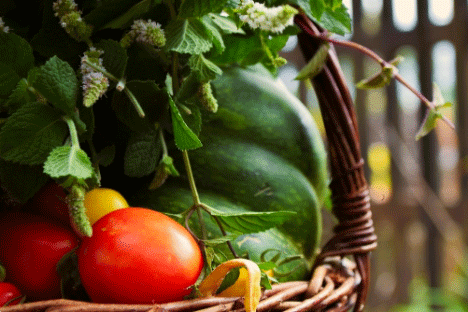The Tyrolean government has allocated €66,000 over the next two years to support advisory services for organic farms, aiming to promote sustainable agricultural practices and biodiversity. This initiative focuses on assisting farms in meeting the stringent standards set by Bio Austria, the leading association for organic agriculture in Austria.
Bio Austria’s Role in Organic Farming
Bio Austria represents approximately 12,000 members nationwide, with 608 organic farms located in Tyrol. The association provides comprehensive training and consultancy services to ensure that members adhere to high standards in organic food production. A key tool in this effort is the Biodiversity and Crop Rotation Calculator, an online platform introduced in 2021. Member farms are required to annually input data into this tool, which evaluates their biodiversity measures and crop rotation practices. The system highlights achievements and identifies areas for improvement, offering tailored recommendations to enhance biodiversity efforts.
Challenges in Intensively Farmed Regions
Despite the widespread adoption of organic practices, farms in densely cultivated areas such as the Inntal and Zillertal regions face unique challenges. These predominantly grassland farms often struggle to meet biodiversity requirements due to practices like frequent mowing, use of rotary mowers, and large-scale monocultures. To address these issues, the allocated funds will provide targeted support and guidance to 80 farms, assisting them in implementing additional measures to boost biodiversity. Additionally, around 25 farms will receive support for purchasing native shrubs and hedges, contributing to the creation of buffer zones that serve as biodiversity hotspots.
Emphasizing Crop Rotation and Biodiversity
Crop rotation is a fundamental aspect of organic farming, playing a crucial role in maintaining soil health, optimizing nutrient utilization, and fostering biodiversity. Studies have shown that diversifying crop sequences can enhance food production and reduce greenhouse gas emissions. By implementing varied crop rotations, farmers can disrupt pest and disease cycles, improve soil structure, and promote a balanced ecosystem. The Biodiversity and Crop Rotation Calculator serves as a vital tool in assessing and refining these practices on organic farms.
The Tyrolean government’s investment underscores a commitment to advancing organic agriculture through enhanced advisory services and practical support. By focusing on biodiversity and sustainable farming practices, this initiative aims to equip organic farmers with the necessary tools and knowledge to overcome challenges, particularly in intensively farmed regions. This collaborative effort between the government and Bio Austria strives to ensure that organic farms not only meet high production standards but also contribute significantly to environmental conservation and biodiversity.































